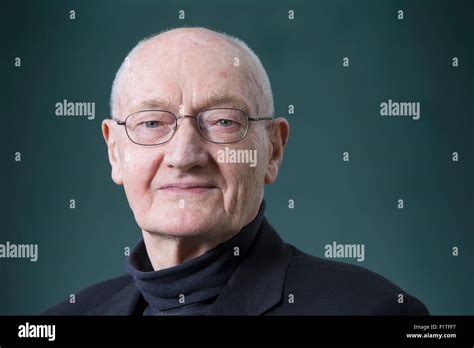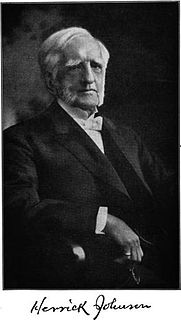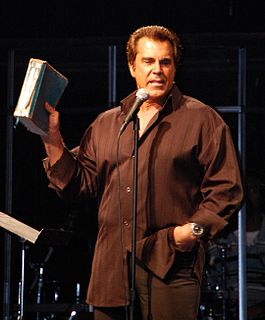A Quote by Francis Schaeffer
If we do not show love to one another, the world has a right to question whether Christianity is true.
Related Quotes
Wondering whether Christianity is real is not the same as wondering whether Christianity is true. If you question the truth of Christianity, you can do something tangible about it. You can read books, take a class, or talk to someone about it. But what can you do when you're already convinced it's true but don't experience it as real?
We are a people of different faiths, but we are one. Which faith conquers the other is not the question; rather, the question is whether Christianity stands or falls.... We tolerate no one in our ranks who attacks the ideas of Christianity... in fact our movement is Christian. We are filled with a desire for Catholics and Protestants to discover one another in the deep distress of our own people.
No matter what you do, any country in the world is going to have the ability to set its own rules internally. Any country in the world can pull the plug. It's not a question of technical issues, it's not a question of right or wrong, it's not a question of whether global Internet governance is right or wrong. It's just with us.
The thing to remember when you're writing," he said, " is, it's not whether or not what you put on paper is true. It's whether it wakes a truth in your reader. I don't care what literary device you might use, or belief systems you tap into--if you can make a story true for the reader, if you can give them a glimpse into another way of seeing the world, or another way that they can cope with their problems, then that story is a succes.
The true gospel is radically exclusive. Jesus is not a way; He is the way, and all other ways are no way at all. If Christianity would only move one small step toward a more tolerant ecumenicalism and exchange the definite article the for the indefinite article a, the scandal would be over, and the world and Christianity could become friends. However, whenever this occurs, Christianity ceases to be Christianity, Christ is denied, and the world is without a Savior.
There is a reason Christianity is violently opposed in our world while other religions and philosophies are tolerated... Biblical Christianity evokes violent responses from some people, because only in Christianity is there an absolute right and wrong. People hate the Bible and Christianity because of the law of God.
The issue is not whether there are horrible cases where the penalty seems "right". The real question is whether we will ever design a capital system that reaches only the "right" cases, without dragging in the wrong cases, cases of innocence or cases where death is not proportionate punishment. Slowly, even reluctantly, I have realized the answer to that question is no- we will never get it right.







































